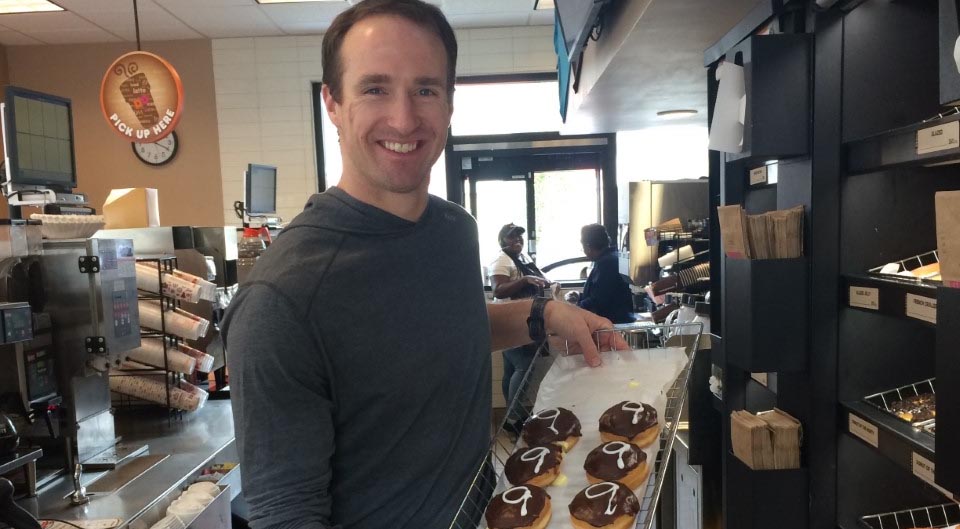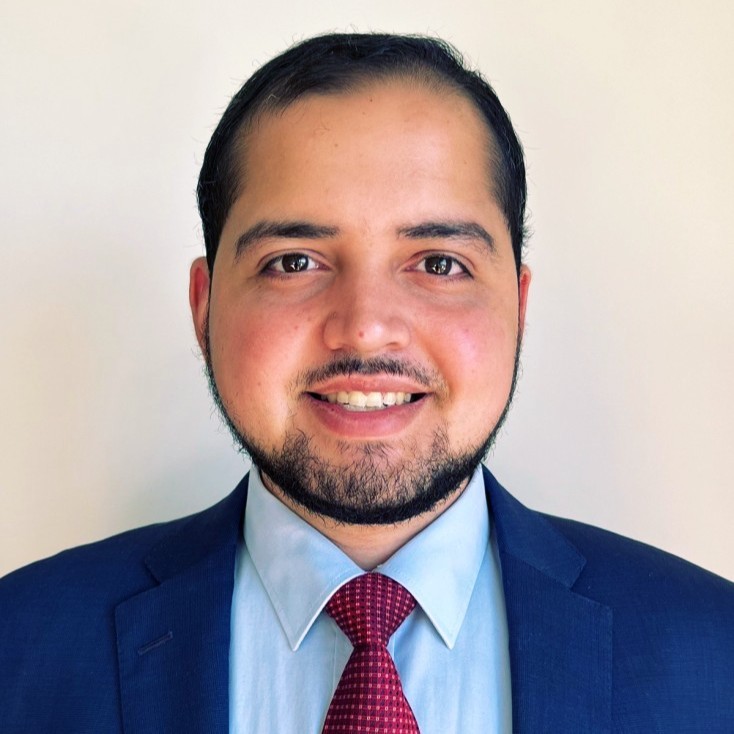Cuando se apagan las luces, suena el silbato final y los aficionados se van a casa — ¿y ahora qué? Para muchos atletas, la respuesta es la incertidumbre financiera. Pero no tiene por qué ser así. Has trabajado demasiado duro como para que tu dinero se acabe.
This isn’t another preachy piece telling you to eat Cup Noodles and save everything you can. This is about using the wealth you earn during your athletic prime as capital inicial para construir algo aún más grande. Tu legado. Tu segundo acto.

Por Qué Esto Importa Ahora
La carrera promedio en la NFL dura apenas 3.3 años. ¿En la NBA? Alrededor de 4 años. Even if you’re earning millions, the cold, hard truth is that those income streams can dry-up fast. According to Sports Illustrated, casi el 78% de los jugadores de la NFL enfrentan problemas financieros en tan solo dos años después de retirarse.
Seamos honestos: el sistema no está diseñado para enseñarte sobre flujo de efectivo, refugios fiscales, capital privado o cómo contratar al asesor financiero correcto. Para tener éxito en tu carrera, debes enfocarte en tu entrenamiento y rendimiento. Pero eso no significa que no debas aprender.
You don’t have to live like a monk to build wealth—but you do need to have a plan.
Entrepreneurship: A Wealth-Building Strategy for Modern Athletes
1. Piensa en “Capital Inicial”, No en Fondo de Jubilación
Esto no se trata de ahorrar para una casa en la playa a los 60, o peor aún, vivir como un monje mientras estás teniendo éxito. Se trata de plantar hoy that can grow into a business, a foundation or a brand. Your career earnings should be your launchpad.
2. You Don’t Have to Live Like a Monk to Invest. Live on the Salary, Invest the Rest on the Future.
Endorsements, performance bonuses, and licensing deals? That’s your growth fund. Your base salary should cover your lifestyle, and the rest should be invested.
3. Invest in What Excites You, and Consider Entrepreneurship
Real estate is fine. Stocks are solid. They’ll very likely play a role in your financial journey. But what really moves you? What business would you actually want to wake up and build up when your time on the field ends?
You don’t necessarily have to be LeBron James or Roger Federer to build substantial, money-making businesses. Athletes like basketball’s Dwayne Dedmon (Wingstop franchises and real estate), Falcons QB Kirk Cousins (Chick-fil-A franchises), soccer’s Juan Mata (Common Goal), and MMA legend Demetrious Johnson (Quantum Energy Square) have used their platforms to build successful entrepreneurial careers even before retirement.
Entrepreneurship has many shapes and forms nowadays. Newly-minted MBAs without the brand or name recognition of athletes are buying up small-and-medium businesses with potential and growing them organically and through acquisitions.
Entrepreneurship-Through-Acquisition (ETA) is a popular entrepreneurial path we are finding ourselves recommending to our clients more frequently these days. It benefits from financing support from the federal government at very favorable terms, generous tax incentives and helps acquirers avoid the pain of starting businesses from scratch.
Even if managing a business doesn’t really attract you, investing in ETA Funds and similar middle-market Private Equity funds offer a potential path to outsize investment returns.
4. Use Your Personal Brand to Grow Your Business
You’re more than an athlete. Social media isn’t just for clout—it can be equity building. Use your story to attract customers and potential partnerships.

Specialized Financial Advisors Can Help You Get Started. But Get The Equipo Correcto.
Working with specialized financial advisors that deeply understand the very unique finances athletes have and can dedicate significant time and attention to your investments. Massive financial firms are typically not a good fit for athletes, as they tend to offer more generalized advice and strategies that don’t really apply to athletes’ unique careers and needs.
You earned your wealth young and by investing it you can make it last through retirement and hopefully beyond. You can and should enjoy the lifestyle, the cars, the travel. But let by investing your money you can construya.Eso no significa alejarte de la vida—significa invertir en la que sigue.
Las carreras deportivas terminan. El resto de tu vida comienza.
Handal Dunaway: Especialistas en Ayudar a Atletas and Coaches Invest
En Handal Dunaway, sabemos que las carreras deportivas son intensas, pero muchas veces de corta duración. Por eso, nuestro equipo está dedicado a ayudarte a convertir las ganancias de hoy en el imperio de mañana. Ofrecemos estrategias personalizadas en inversión, desarrollo de negocios y planificación patrimonial a largo plazo—diseñadas específicamente para atletas como tú. Ya sea que estés comenzando tu carrera o planificando tu próximo capítulo, estamos aquí para asegurarnos de que tu éxito fuera del campo sea tan grande como el que lograste dentro de él.
investment investment investment investment investment investment investment investment investment investment investment investment investment investment investment







